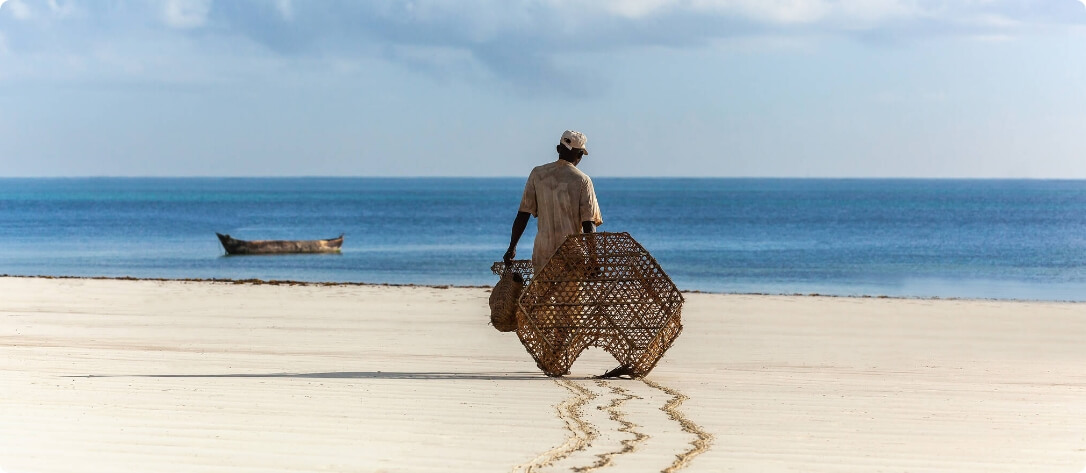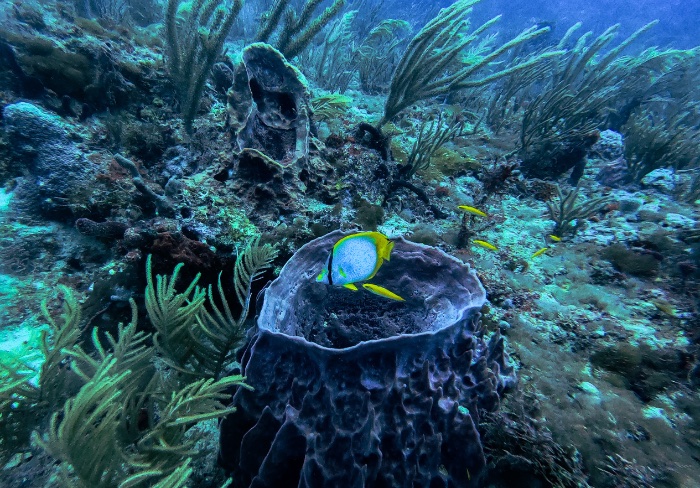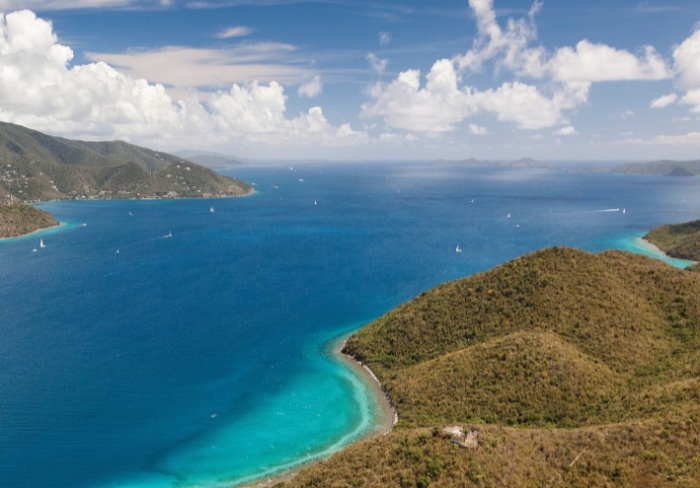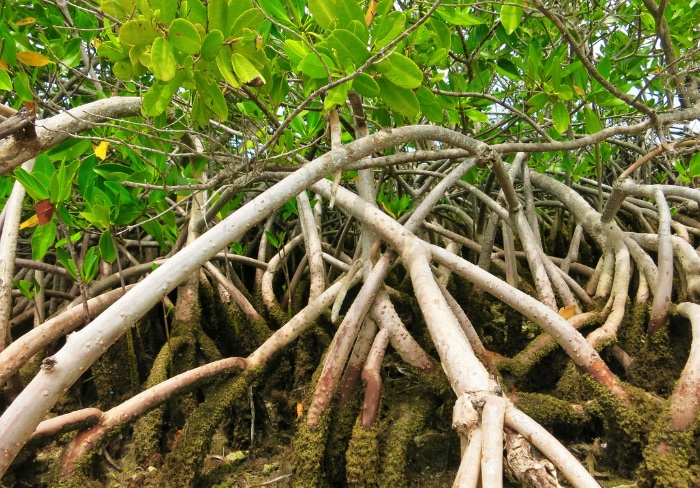
Caribbean Sustainable Fisheries (CSF) is one of our businesses in the sustainable aquaculture industry. Located in the British Virgin Islands (BVI), it’s doing incredible things in the terms of community building and sustainability.
CSF works by using an algorithmic approach to raising the panulirus argus – the Caribbean Spiny Lobster! This is a proprietary process that can be replicated almost anywhere in the world. At CSF, our team of scientists catch baby lobsters in the benthic phase in the wild. These lobsters are just babies but are old enough to have a hard shell. They typically don’t survive in the oceans in fact only 1 in 1,000 lobsters in this phase will make it to adult life.
We collect larvae conservatively based on these figures. This is why the work we do at CSF is so important – collecting the larvae to be raised on the farm will have almost zero effect on the natural population.
After Hurricane Irma
I’ve written about Hurricane Irma and how the natural disaster basically destroyed everything on the island. Irma left 85% of the island severely damaged. Infrastructure of the mainland, Tortola, was demolished. This had quite the impact on local fishermen and the tourism industry.
Tourism (and therefore fishing to feed tourists) directly or indirectly supports 83.7% of jobs in the BVI. In 2016, more than 700,000 people visited the island – and the island itself only has 30,000 residents! While the island nation is showing optimistic growth, the fact is: there aren’t as many tourists as there once was.
What does this mean for fishers?
It means that tourism in the BVI is down, but not out. Hotels and resorts are rebuilding and I have no doubt that the BVI will return to itself one day, but not yet.
The point is, fishermen need to sell what they catch to tourists, local people and restaurants that cater to the tourists. But sometimes, fishers just can’t sell what they catch.
How CSF supports local fishers
Our business model works by supporting local fishermen. It exists to help traditional fishing communities survive. Our first priority is protecting the existing lobster population so traditional farming practices can be continued and taught to the next generation. We do this by raising lobsters on land (not taking them out of the ocean) and also by releasing a small number of our grown lobsters into the sea. Then, we provide business opportunities to the fishermen whose resources have been depleted due to overfishing.
Sometimes, we will even buy what fishermen can’t sell due to lack of demand from tourists to either put back in the ocean or to bring to CSF to breed.
It always comes back to community
The community in the BVI, sustainability and social awareness are fundamental to our approach. By supporting local fishermen and the natural lobster population, we ensure Caribbean families can continue to teach their children the trade with confidence there is a vibrant future ahead.
Giles Cadman is Chairman of The Cadman Capital Group, a group of cohesive, complementary companies, operating in the international trade, retail, leisure, and investment markets. Learn more about Giles.

 Giles Cadman
Giles Cadman 

